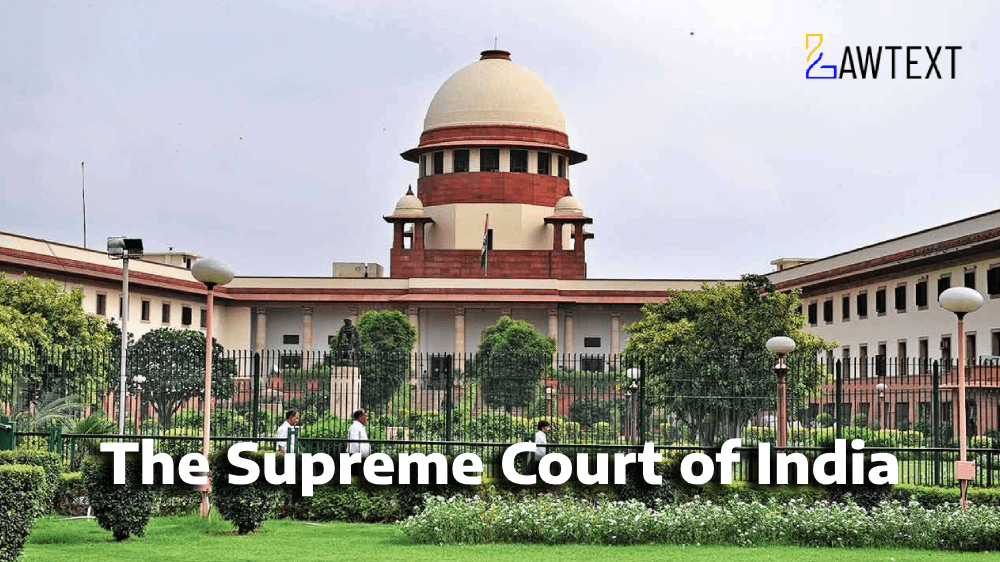

Constitution of India – Article 21 – Right to privacy and dignity was violated when a DNA test was ordered without substantial evidence of non-access – DNA tests could not be ordered as a routine measure but only in exceptional circumstances where strong prima facie evidence was presented. (Para 37-42)
Code of Criminal Procedure, 1973 – Section 125 – Maintenance could only be sought from the legitimate father, and the presumption of legitimacy under Section 112 of the Indian Evidence Act, 1872 was not rebutted. (Para 6, 32-35)
Indian Evidence Act, 1872 – Section 112 – Presumption of legitimacy was held conclusive unless non-access was proven – Mere allegations of extra-marital relations did not displace the presumption of legitimacy. (Para 28-33)
Family Courts Act, 1984 – Section 7, 8 – Family Court did not have jurisdiction to determine paternity when legitimacy had already been adjudicated upon by a competent civil court. (Para 54-63)
Civil Procedure Code, 1908 – Section 11 (Res Judicata) – Second round of litigation was barred by res judicata, as the issue of legitimacy had already attained finality. (Para 64-68)
Acts and Sections Discussed:
Constitution of India – Article 21
Code of Criminal Procedure, 1973 – Section 125
Indian Evidence Act, 1872 – Section 112
Family Courts Act, 1984 – Sections 7, 8
Civil Procedure Code, 1908 – Section 11 (Res Judicata)
Subjects:
Legitimacy – Paternity – DNA Test – Presumption – Res Judicata – Family Court Jurisdiction – Non-Access – Maintenance Claim – Right to Privacy – Right to Dignity
Facts:
1. Nature of the Litigation:
The appeal arose from a long-standing legal battle where the respondent claimed maintenance under Section 125 of the Code of Criminal Procedure, 1973, asserting the appellant was his biological father.
2. Who Asked the Court and for What Remedy?
The appellant, Ivan Rathinam, sought to quash the Family Court’s order reviving the maintenance petition, contending that the respondent was the legitimate child of another man and that the issue had already attained finality.
3. Reason for Filing the Case:
The respondent, Milan Joseph, filed for maintenance, claiming that the appellant was his biological father despite being born during the valid marriage of his mother to another man. The claim was based on alleged extra-marital relations of his mother with the appellant.
4. What Had Been Already Decided Until Now?
The Munsiff Court had earlier ruled that the respondent was the legitimate child of his mother’s husband.
The High Court upheld this decision, ruling that a DNA test was not warranted.
The Family Court later revived the maintenance petition, leading to the present appeal.
Issues:
a) Whether the presumption of legitimacy under Section 112 of the Indian Evidence Act, 1872 could be displaced by ordering a DNA test?
b) Whether the Family Court had jurisdiction to determine paternity when legitimacy had already been decided by the Civil Court?
c) Whether the revival of the maintenance petition was barred by res judicata?
Submissions/Arguments:
Appellant’s Arguments:
The respondent’s legitimacy was conclusively established under Section 112 of the Indian Evidence Act, 1872, and maintenance could only be sought from his legitimate father.
The Family Court’s revival of the maintenance petition contravened res judicata as the matter had already attained finality.
A DNA test could not be ordered in the absence of strong prima facie evidence of non-access.
Respondent’s Arguments:
Legitimacy and paternity were distinct concepts, and the Family Court had the jurisdiction to determine paternity for maintenance purposes.
The DNA test was essential to establish the respondent’s true biological father.
The revival of the maintenance petition was justified, considering the respondent’s health and financial needs.
Decision:
The Supreme Court ruled that the presumption of legitimacy under Section 112 of the Indian Evidence Act, 1872 could not be displaced by mere allegations. (Para 32-33)
The Family Court lacked jurisdiction to determine paternity when legitimacy had already been adjudicated upon by a competent civil court. (Para 54-63)
The revival of the maintenance petition was barred by res judicata, as the matter had already attained finality in 2011. (Para 64-68)
The appeal was allowed, and the maintenance proceedings were quashed. (Para 69-72)
Ratio:
Legitimacy under Section 112 of the Indian Evidence Act, 1872 carries a strong conclusive presumption that can only be rebutted by proving non-access.
The right to privacy and dignity under Article 21 of the Constitution prohibits the ordering of DNA tests unless an exceptional case is made out.
The Family Court’s jurisdiction is limited to maintenance claims and does not extend to determining paternity when legitimacy has already been adjudicated upon.
Res judicata prevents re-litigation of matters already conclusively decided.
Final Order:
The impugned judgment of the High Court dated 21.05.2018 was set aside.
The Family Court’s order dated 09.11.2015 reviving the maintenance petition was quashed.
The respondent was presumed to be the legitimate son of Mr. Raju Kurian, and no maintenance could be claimed from the appellant.
The appeal was allowed.
Citation: 2025 LawText (SC) (1) 280
Case Number: CRIMINAL APPEAL NO. 413 OF 2025 [ARISING OUT OF SPECIAL LEAVE PETITION (CRL.) NO. 4917 / 2018]
Date of Decision: 2025-01-28
Case Title: Ivan Rathinam Versus Milan Joseph
Before Judge: (SURYA KANT J. , UJJAL BHUYAN J.)
Appellant: Ivan Rathinam
Respondent: Milan Joseph